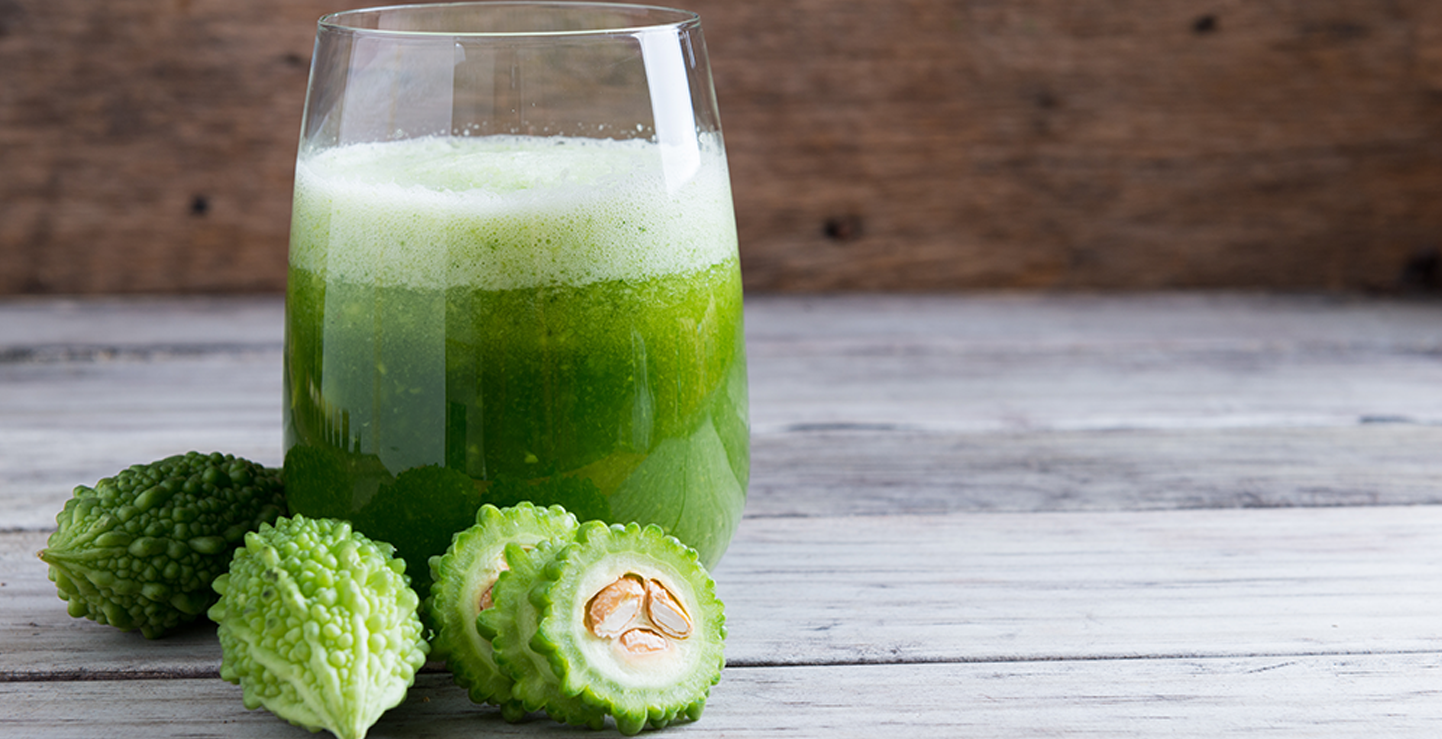Bitter foods often get a bad reputation in the culinary world since their strong flavours can be off-putting to many. But not only are they healthy, they can be delicious too.
In India, Ayurveda-based food traditions have always recognised bitter foods as part of a complete meal. Of the six tastes that this science of food and medicine evidently recognises, bitter is an important one. It is said to be airy and light, especially benefitting people with dominant pitta and kapha, and lowering these ‘doshas’.
So how does eating bitters benefit your microbiome exactly? Bitter foods help to stimulate the digestive system and improve the absorption of food. That’s largely because bitters trigger the production of stomach acid, which facilitates a variety of digestive processes when the food you’ve eaten makes its way to the intestinal region. Bitters are believed to help squelch cravings, and recent research suggests it might be due to the taste receptors’ influence on hormones.
Bitter foods are packed with fiber, both soluble and insoluble, which stimulates the growth of healthy gut bacteria. They stimulate the liver to produce bile, which is an important part of optimal digestion. Bile emulsifies fats and renders nutrients especially fat-soluble ones such as vitamins A, D, E and K.
They have unique health benefits, including protection against cancer, heart disease and diabetes, as well as reduced inflammation and oxidative stress. Most of these benefits come from the wide array of polyphenols, which act as antioxidants, anti-inflammatories and pre-biotics.
Cultivate a taste for bitter flavours.
With some culinary craftiness and a little bit of perseverance, you can teach yourself to genuinely like bitter foods. Channel your inner adventurous eater.
Repeated exposure is the number-one way to learn to enjoy bitter foods, according to Barb Stuckey, author of “Taste What You’re Missing.” Adding some cream and the fat will help mitigate the bitterness and improve the texture of your coffee or by massaging kale with oil, the fat masks the bitterness, and massaging it helps break down some of the fibers in the leaves. Sweeten your bitters by adding a little sprinkle of sugar on your grapefruit or honey in your tea.
While there are plenty of bitters supplements or tonics on the market, going for whole foods is always the best choice.
Bitter melon is packed with natural plant-based chemicals that may help prevent cancer, reduce oxidative stress and lower blood sugar levels. Cruciferous vegetables like broccoli and cabbage contain powerful cancer-fighting compounds and can improve your liver’s ability to process toxins. Dandelion greens are rich in vitamins and minerals, contain carotenoids that benefit eye health and are a source of prebiotics that encourage the growth of healthy gut bacteria. Citrus peel has a bitter flavour due to its high concentration of flavonoids. These powerful antioxidants may reduce inflammation and help protect against cancer.
Cranberries, cocoa and coffee are rich in polyphenols and antioxidants that help prevent various types of bacterial infections and may improve heart health. Green tea contains catechins and polyphenols that provide many health benefits, including possible cancer protection and a lower risk of heart disease. Red wine contains polyphenols that have been linked to better heart and gut health. Drinking red wine may also boost longevity and reduce your risk of diabetes and osteoporosis.




